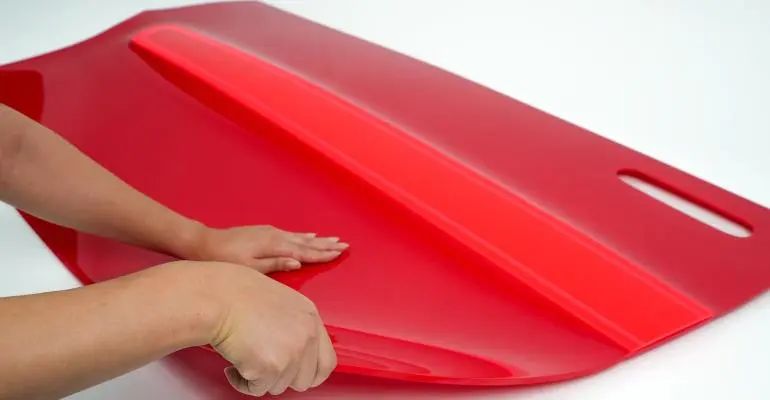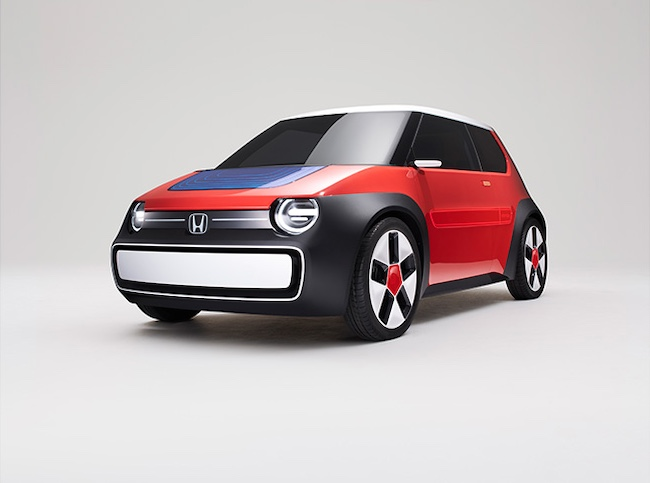Japanese car manufacturer Honda and Mitsubishi Chemical have taken another step forward in their cooperation on paint-free materials for automobiles. According to local news in Japan, Honda, a Japanese car exhibitor in 2023, exhibited two concept cars, Sustaina-C and Pocket. Both body materials use the acrylic compound PMMA (polymethyl methacrylate) jointly developed by Mitsubishi Chemical and Honda Motor for use in body parts such as doors and front fenders.

Traditional body materials are made of steel or aluminum and painted with automotive paint, but Mitsubishi Chemical and Honda aim to change the status quo by developing a new acrylic resin material that can be used for doors, hoods, fenders and Other automotive body parts. The compound consists of acrylic resin and rubber particles to increase the impact resistance needed for car bodies.
Polymethyl methacrylate is highly transparent and can be tinted into a variety of colors, allowing manufacturers to create glossy surfaces simply by adding colorants. It also helps reduce carbon monoxide emissions produced during the painting process.

Honda’s Sustaina-C concept uses color-matched PMMA on body panels
In terms of sustainability, polymethyl methacrylate is suitable for recycling because it can be decomposed into acrylic raw materials with high yields by heating. Mitsubishi Chemical plans to launch a recycling plant in fiscal 2025 and plans to commercialize the polymethyl methacrylate recycling business. Closed-loop recycling trials conducted in partnership with Honda and Microwave Chemical Co., Ltd. resulted in recycled products of comparable quality to conventional products. With this technology, Mitsubishi Chemical hopes to reduce greenhouse gas emissions throughout the product life cycle compared to current practices.
(GHG) emissions are reduced by approximately 50%.
It is reported that before the commercialization of the resin recycling business, Mitsubishi Chemical has submitted international patent applications related to recycled raw materials and acrylic resins made from such recycled raw materials. These applications involve technologies required to meet quality levels comparable to traditional products. The company has obtained several patents in Japan and is working to obtain rights in other countries.

 微信扫一扫打赏
微信扫一扫打赏

